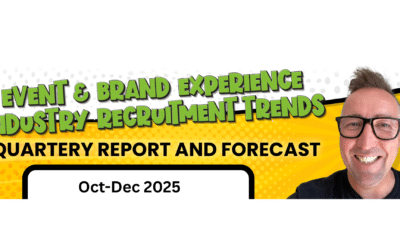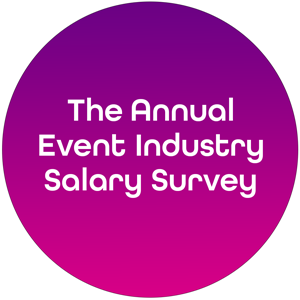I’m sure the answer to this depends on what your role is within the hiring process or, if you’re not involved, what your relationship will be with a new hire. But, if there’s a disconnect between hiring managers, stakeholders and line managers then the answer is “no” already.
Knowing the difference between your company’s employer brand and their consumer brand is a big indication of whether cultural fit is as important to you as filling a live vacancy and getting on with some ‘real’ work.
Companies such as Google, Apple, John Lewis and so on know the importance of allowing insight into their employer brand as this helps them directly attract and retain the best in the business. They do this by creating internal advocates who have experienced their culture first hand and as such are keen to share with the world.
There needs to be some sort of alignment between these two brand images externally to aid with the attraction process, however we’re not all in the enviable position they are when it comes to people knowing from the outset what to expect during the recruitment and onboarding process.
This is where a specialist recruiter can help, acting as a brand ambassador throughout ensures that even if candidates are unsuccessful they’ve been treated with respect throughout and therefore the image of your company isn’t tarnished, especially with the rise of social feedback on sites such as Glassdoor making it easier for people to share their experiences and thoughts.
The main challenge I come across is access and time in the diary of stakeholders within an organisation that truly want cultural fit but are also tied up with their day to day roles. This is where HR and internal talent acquisition (recruitment) teams are my best friends as they’re not just targeted on fill rates but also retention levels (as well as a multitude of other metrics).
To get everyone on the same page just takes more care and attention at the outset and involving key stakeholders (line and hiring managers) in the briefing process. Creating a bespoke document that gives a synopsis of the type of person they’re looking for as well as the skills also ensures credibility and shows you’re invested in the process form the outset rather than trying to do things as quickly as possible.
Every company I’ve ever spoken with states their number 1 priority when recruiting senior staff is cultural fit (skills and experience is a given), JDs have been sent immediately, however some have been hesitant to take the time to brief or even meet to discuss further as they’re unsure of our retained/exclusive model as they’re used to the contingency permanent approach.
This usually stems from working with the same recruiter who ‘knows’ the company yet doesn’t take a bespoke brief for each role. The client might then think their recruiter ‘knows’ what they need, yet if that was the case for all roles then everyone would be the same, which I don’t think they are!
Yes people still think by giving the role to multiple agencies they are widening the net and therefore have a better chance to ‘fill’ the role, however all this does is make the holes in the net bigger and quality candidates slip through in the mad rush to be ‘the first’ agency to submit a CV.
This is of course where things fall down as it becomes abundantly clear they’ve been bitten on the proverbial before by taking time to meet prospective agency partners only to receive the same cookie cutter approach from consultants who want the role filled as quickly as possible or it becomes ‘hard to fill’ and they’re onto the next one.
I believe no-one wants to ignore cultural fit when recruiting, however it becomes difficult to take this into consideration alongside the usual process of receiving a CV then interviewing to make decisions as time constraints and a concern with how candidates look on paper when feeding back to ‘the powers that be’ as cultural fit takes time to explain.
When you’re recruiting at any level (let alone senior leadership), decision making can sometimes come down to how you feel about a person or what your gut is telling you and although this is worth listening to it’s dangerous to ‘go with your gut’ when you’ve not had all the information to hand to take this leap of faith about a potential colleague that could damage the company’s brand and your reputation if that gut instinct is wrong.
There are various costing comparisons for the impact a poor hire can have on your business (30% of salary, £25k+ etc.), through lower productivity rates, a negative impact on existing staff, the actual cost of recruiting and the sunk cost of the team doing the recruitment in the first place.
Only you know how much this would affect your business and as such why run the risk due to a rush to ‘fill a role’
This is where our Fitability® programme (yes there is a small plug) helps as you have everything relevant in your hands before you interview to make decisions based on an exhaustive assessment process that enables you to concentrate on the 3 core questions you should be asking yourself when deciding who to offer;
1. Can this person do the job?
2. Will they fit in with the rest of the team and the company’s values?
3. Will they stay here for the long term?
If the answer is yes and you have relevant documentation/information to substantiate this, then your gut can take a break.
So sit back, relax and get an expert who acts as part of your hiring team not a transactional service with themselves at the centre.






